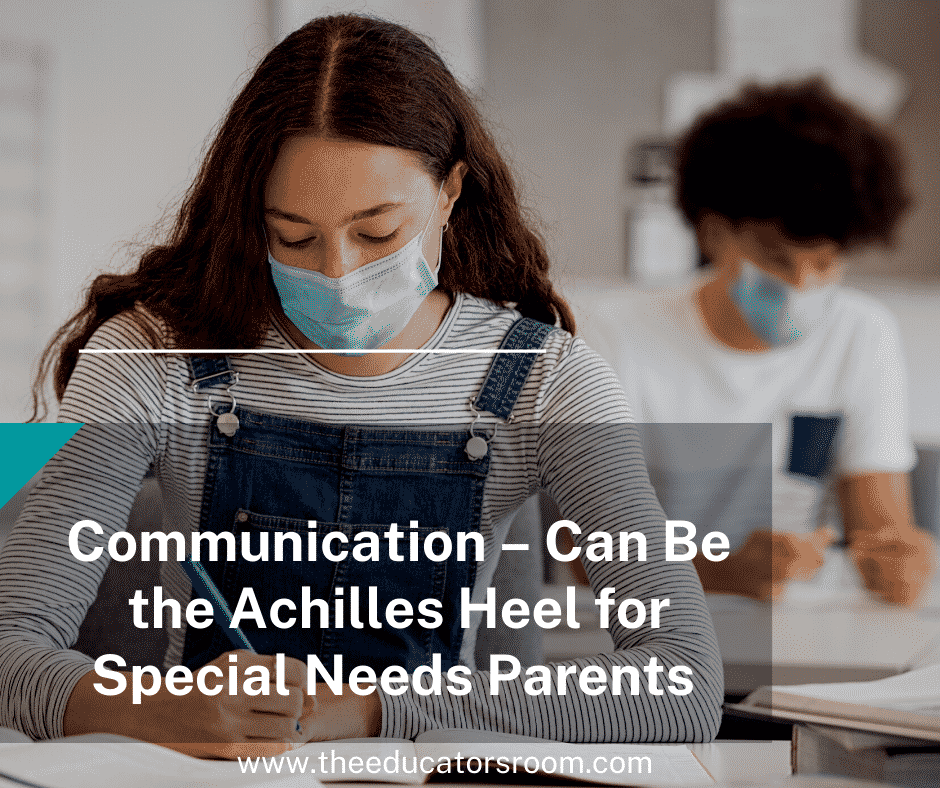“The pen is the tongue of the mind.” – Horace, Roman Poet
The power of the pen wields so much more than just getting one’s voice into the world. And we all know how powerful the tongue is. Proverbs 18:21 puts it this way: “The tongue has the power of life and death” (Bible, New International Version). A miscommunication, or a lack of communication, can “kill” many relationships, both personally and professionally.
So, what happens when you put these two powerful elements together, written and oral, or even more important, a lack of communication?
“Old school” kids might refer to a failure to communicate as “crickets” and this current generation would call it “ghosting.” Whatever your choice of lingo, I am learning more and more than a lack of communication can cause many more issues than one might expect. Silence, in many cases, is definitely not “golden.” It is actually a very loud slap in the face on many occasions! Whether oral or written, constant and timely communication is simple, respectful, and the last thing we can do to show that we value a relationship, a sincere desire to address concerns, or at least demonstrate an acknowledgment of concerns.
“Words can be short and easy to speak, but their echoes are truly endless.” ― Mother Teresa
Looking at this quote, one could be tempted to focus on the power of words, but if one focuses on lack of words, silence can echo endlessly as well. As a teacher, I have tried to pride myself on ineffective communication, but one can always find ways to communicate better. This also does not mean that a “swift” response is always the best approach. In this new “social media” driven world, being quick to “share,” “post,” or hit “send,” I have learned to “pause,” gather my thoughts and make sure to at least acknowledge concerns from students and parents, even if the issue is uncomfortable or complex. It is always a good idea to take a step back and truly analyze the situation. That does not mean failing to respond in a reasonable time period. When I fall short, I make every attempt to acknowledge the delay and make up for it if possible.
“The most profound statements are often said in silence.” – Lynn Johnston, Canadian Cartoonist
As a parent of an elementary student with special needs, I am now able to place myself in the shoes of many of my parents. Parents want communication, even if it is just an acknowledgment of their concerns. The idea that no response is the best response couldn’t be farther from the truth! As a teacher, I learned the importance of communication with parents early in my career.
Acknowledging a correspondence not only makes parents feel heard, but also lets them know that their concerns, issues, or even just simple requests for updates are not being ignored. There have been many times where I have had to be transparent and let both students and parents know that I did not have the information or needed more time to obtain the information. But, I made sure to reach out. Communication is not always comfortable but is absolutely necessary.
“The more reflective you are, the more effective you are.” – Pete Hall and Alisa Simoral, Authors
When I take off my teacher hat and put on my parent hat, I am able to empathize with the importance of communication even more. When frustrated with silence on my own issues with my son’s education, I take a step back and think about any times I might have been tempted to slowly respond to students or parents. My advocation for my own child’s educational rights has demonstrated deep systemic issues with not only a lack of communication, but also a lack of accountability with responding to issues.
When I take a step back from my own frustration with the system, I understand that this is also an opportunity to reflect on my own responsibilities when it comes to being responsive to students and parents. Mirror check. I need to do better if I expect others to do better. Oftentimes, when we take a step back and view frustrating situations from a larger lens, we learn lessons that teach us empathy for others who may be in similar situations themselves. Communication in every situation can only help.
“Communicate unto the other person that which you would want him to communicate unto you if your positions were reversed.” – Aaron Goldman. Managing Director at General Atlantic.
As educators and lifelong learners, we must get to a place where we look at communication from every possible perspective, using the age-old mantra of “putting ourselves in someone else’s shoes”: the student, the parent, the advocate, the teacher, the counselor, the administrator, and any “other” educational position. When you have been the victim of a lack of communication, it is very difficult to see how anyone would think it was a good idea to continue with silence.
As much as I try to empathize with the pressure of being in the position of one of the “powers that be,” I will never be able to excuse, nor understand, a lack of communication. That being said, I wonder if those same entities are able to put themselves in the “shoes” of those who are asking for some reciprocation of communication? How would they feel if their emails, voicemails, or phone calls were ignored? Hierarchy or positions of power should never play a role in who should “handle” requests for contact in any situation, by any entity.
It would be easy to blame the systemic issues in education that have been exacerbated by the pandemic and use them as an excuse for a lack of, or any delays in, communication. On the contrary, this post-pandemic era should show us the need for communication is even more necessary! We need to communicate with students to ensure we are attempting to focus on not only the rigor but relationships in our classrooms.
We need to communicate with parents to ensure that we are in constant contact regarding student grades, community involvements, or even just check-ins and general updates on students. We need to communicate with our administrators about our own mental health as teachers, to ensure we are not falling victim to the waves of teacher burnout that are afflicting so many of our colleagues. It is imperative to take the lessons learned from the pandemic and apply them to the importance of communication. Empathy, respect, and common courtesy are simple concepts, but when applied to communication, they become one of the most powerful tools we can use to establish and maintain relationships we know are pivotal to success in education.
As educators, we should have constant communication with students and parents to address needs before issues escalate and to establish and maintain a good rapport. Relationships in education are paramount. Many of the issues that surround communications would decrease if this simple protocol were taught, encouraged, and held accountable at all levels in education. Simple, respectful, communication with the tongue or the pen is the least one could do is to acknowledge correspondence. Wouldn’t you want someone to do the same for you?




